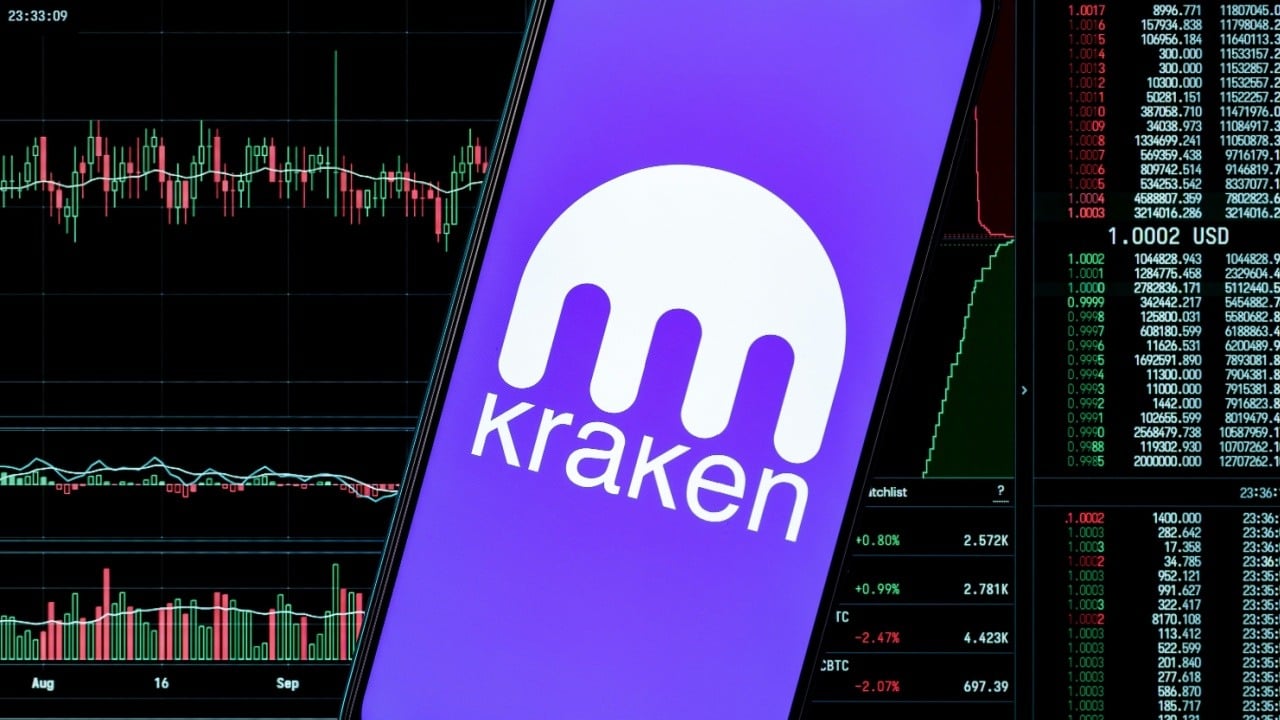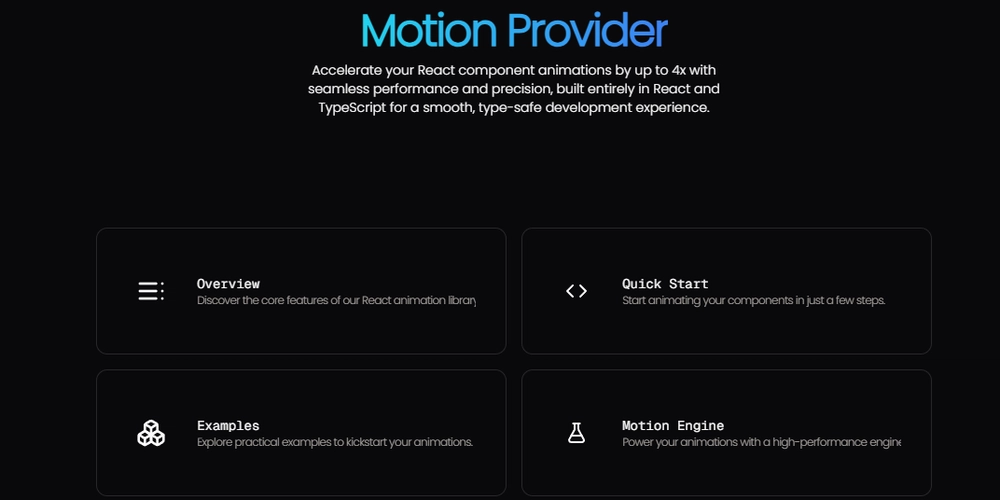How Does Kotlin Enhance Mobile App Performance in 2025?
In the ever-evolving landscape of mobile app development, Kotlin has emerged as a powerful programming language capable of significantly enhancing performance. As we move further into 2025, developers continue to leverage Kotlin's advanced features to deliver apps that are not only feature-rich but also highly efficient. This article delves into how Kotlin enhances mobile app performance in 2025, providing insights for developers eager to harness its full potential. Kotlin's Evolution and Its Impact on Performance Kotlin, officially supported by Google for Android development since 2017, has undergone significant enhancements that make it a preferred language for developing mobile apps. As a more expressive and concise language compared to Java, Kotlin minimizes the number of lines of code, thus reducing potential errors and improving maintainability. Advantages Driving Enhanced Performance Improved Memory Management: Kotlin offers better memory management capabilities compared to its predecessors. With features like inlining functions, developers can optimize memory usage, leading to faster execution and reduced memory footprint. Coroutines: Kotlin's coroutines are one of its standout features. Coroutines allow developers to manage asynchronous programming more effectively. They can perform long-running tasks in a non-blocking manner, enhancing app responsiveness and performing tasks like network operations and database interactions seamlessly. Interoperability with Java: Kotlin’s 100% interoperability with Java ensures that existing Java code can be integrated effortlessly. This compatibility allows for incremental migration and reduces the need to refactor the entire codebase, which can lead to performance improvements during app updates or feature additions. Enhanced Compiler Performance: The Kotlin compiler has been continuously optimized for faster compilation times. The current compiler version in 2025 provides improved performance, reducing build times and enhancing developer productivity. Leveraging Modern Language Constructs: Kotlin takes advantage of modern programming constructs like sealed classes and lambda expressions. These features allow for cleaner and more efficient code, improving execution speed. Learn more about Kotlin's sealed class and how it differs from enums in this article. Kotlin Multiplatform: A Performance Game-Changer In 2025, Kotlin Multiplatform projects have become more common, allowing developers to share code across multiple platforms. This approach not only enhances development efficiency but also ensures consistency and performance across Android and iOS apps. Shared business logic can now be written once and tested thoroughly, substantially reducing the risk of platform-specific bugs and enhancing the overall performance of mobile applications. Real-World Performance Success Stories Several companies have reported significant performance boosts by switching to Kotlin. For instance, popular apps have demonstrated drastic reductions in app startup times and smoother user interactions, contributing to better user experiences. Conclusion As Kotlin continues to evolve, its ability to enhance mobile app performance becomes increasingly evident. With its concise syntax, powerful features like coroutines, and robust interoperability with Java, Kotlin is set to remain a cornerstone in mobile app development well beyond 2025. Developers aiming to optimize their skills can explore the best deals on Kotlin books to stay current with the latest advancements. Further, mastering lambda expressions and testing them effectively is crucial for performance improvements; find a detailed guide on this here. By embracing Kotlin’s full spectrum of features, developers can ensure their apps are not only high-performance but also future-proof, meeting the demands of an increasingly competitive mobile app industry.

In the ever-evolving landscape of mobile app development, Kotlin has emerged as a powerful programming language capable of significantly enhancing performance. As we move further into 2025, developers continue to leverage Kotlin's advanced features to deliver apps that are not only feature-rich but also highly efficient. This article delves into how Kotlin enhances mobile app performance in 2025, providing insights for developers eager to harness its full potential.
Kotlin's Evolution and Its Impact on Performance
Kotlin, officially supported by Google for Android development since 2017, has undergone significant enhancements that make it a preferred language for developing mobile apps. As a more expressive and concise language compared to Java, Kotlin minimizes the number of lines of code, thus reducing potential errors and improving maintainability.
Advantages Driving Enhanced Performance
Improved Memory Management:
Kotlin offers better memory management capabilities compared to its predecessors. With features like inlining functions, developers can optimize memory usage, leading to faster execution and reduced memory footprint.Coroutines:
Kotlin's coroutines are one of its standout features. Coroutines allow developers to manage asynchronous programming more effectively. They can perform long-running tasks in a non-blocking manner, enhancing app responsiveness and performing tasks like network operations and database interactions seamlessly.Interoperability with Java:
Kotlin’s 100% interoperability with Java ensures that existing Java code can be integrated effortlessly. This compatibility allows for incremental migration and reduces the need to refactor the entire codebase, which can lead to performance improvements during app updates or feature additions.Enhanced Compiler Performance:
The Kotlin compiler has been continuously optimized for faster compilation times. The current compiler version in 2025 provides improved performance, reducing build times and enhancing developer productivity.Leveraging Modern Language Constructs:
Kotlin takes advantage of modern programming constructs like sealed classes and lambda expressions. These features allow for cleaner and more efficient code, improving execution speed. Learn more about Kotlin's sealed class and how it differs from enums in this article.
Kotlin Multiplatform: A Performance Game-Changer
In 2025, Kotlin Multiplatform projects have become more common, allowing developers to share code across multiple platforms. This approach not only enhances development efficiency but also ensures consistency and performance across Android and iOS apps. Shared business logic can now be written once and tested thoroughly, substantially reducing the risk of platform-specific bugs and enhancing the overall performance of mobile applications.
Real-World Performance Success Stories
Several companies have reported significant performance boosts by switching to Kotlin. For instance, popular apps have demonstrated drastic reductions in app startup times and smoother user interactions, contributing to better user experiences.
Conclusion
As Kotlin continues to evolve, its ability to enhance mobile app performance becomes increasingly evident. With its concise syntax, powerful features like coroutines, and robust interoperability with Java, Kotlin is set to remain a cornerstone in mobile app development well beyond 2025. Developers aiming to optimize their skills can explore the best deals on Kotlin books to stay current with the latest advancements. Further, mastering lambda expressions and testing them effectively is crucial for performance improvements; find a detailed guide on this here.
By embracing Kotlin’s full spectrum of features, developers can ensure their apps are not only high-performance but also future-proof, meeting the demands of an increasingly competitive mobile app industry.


.jpg)

























![[Webinar] AI Is Already Inside Your SaaS Stack — Learn How to Prevent the Next Silent Breach](https://blogger.googleusercontent.com/img/b/R29vZ2xl/AVvXsEiOWn65wd33dg2uO99NrtKbpYLfcepwOLidQDMls0HXKlA91k6HURluRA4WXgJRAZldEe1VReMQZyyYt1PgnoAn5JPpILsWlXIzmrBSs_TBoyPwO7hZrWouBg2-O3mdeoeSGY-l9_bsZB7vbpKjTSvG93zNytjxgTaMPqo9iq9Z5pGa05CJOs9uXpwHFT4/s1600/ai-cyber.jpg?#)












































































































































![[The AI Show Episode 144]: ChatGPT’s New Memory, Shopify CEO’s Leaked “AI First” Memo, Google Cloud Next Releases, o3 and o4-mini Coming Soon & Llama 4’s Rocky Launch](https://www.marketingaiinstitute.com/hubfs/ep%20144%20cover.png)





























































































































![[FREE EBOOKS] Machine Learning Hero, AI-Assisted Programming for Web and Machine Learning & Four More Best Selling Titles](https://www.javacodegeeks.com/wp-content/uploads/2012/12/jcg-logo.jpg)








































































![Rogue Company Elite tier list of best characters [April 2025]](https://media.pocketgamer.com/artwork/na-33136-1657102075/rogue-company-ios-android-tier-cover.jpg?#)








































































_Andreas_Prott_Alamy.jpg?width=1280&auto=webp&quality=80&disable=upscale#)






























































































![What’s new in Android’s April 2025 Google System Updates [U: 4/18]](https://i0.wp.com/9to5google.com/wp-content/uploads/sites/4/2025/01/google-play-services-3.jpg?resize=1200%2C628&quality=82&strip=all&ssl=1)










![Apple Watch Series 10 Back On Sale for $299! [Lowest Price Ever]](https://www.iclarified.com/images/news/96657/96657/96657-640.jpg)
![EU Postpones Apple App Store Fines Amid Tariff Negotiations [Report]](https://www.iclarified.com/images/news/97068/97068/97068-640.jpg)
![Apple Slips to Fifth in China's Smartphone Market with 9% Decline [Report]](https://www.iclarified.com/images/news/97065/97065/97065-640.jpg)
































































































































